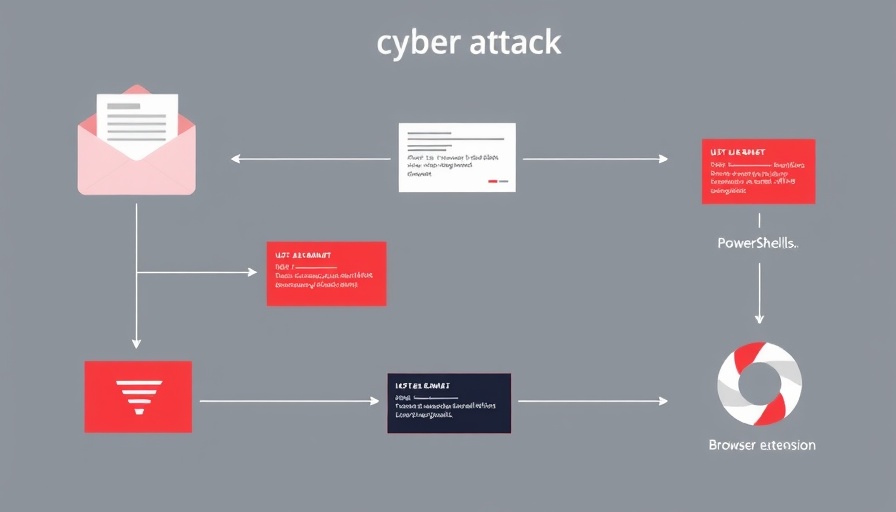
New Supply Chain Threat: A Close Look at Recent Malware Attacks
A recent supply chain malware operation has raised alarms as it targets the npm and PyPI ecosystems, affecting over a dozen packages from GlueStack and launching malware onto millions of devices worldwide. This malicious software, discovered by Aikido Security, takes advantage of vulnerabilities in widely downloaded packages, with some accruing nearly 1 million weekly downloads.
The Scale of the Attack
The compromised packages include vital components such as @gluestack-ui/utils and various @react-native-aria packages, all of which are integral to many modern applications. This attack, which exploits a change in the lib/commonjs/index.js file, allows attackers to execute shell commands, capture screenshots, and exfiltrate files from infected machines. The breach could facilitate actions such as cryptocurrency mining, data theft, or even service shutdowns.
A Glimpse into the Technical Mechanisms
Interestingly, the methodology behind this malware aligns closely with previous attacks targeting npm packages, particularly the rand-user-agent compromise. Researchers indicate that the malware might serve a more extensive network of threats, as it includes updated commands to collect system information and the host's public IP address, indicating a persistent threat actor on the move.
How Developers Can Protect Themselves
In the wake of this breach, it is crucial for developers and organizations to ensure their dependencies are secure. The package maintainers have acted swiftly by revoking access tokens and marking affected versions as deprecated. However, users who may have downloaded these malicious packages are advised to revert to previous, safe versions immediately. Such proactive measures can help mitigate any lingering risks from these vulnerabilities.
What Lies Ahead in Cybersecurity?
The implications of this malware operation extend beyond immediate threats; it serves as a reminder of the vulnerabilities inherent in the software supply chain. As cyber threats become increasingly sophisticated, developers must stay vigilant about package management and security practices across their ecosystems. Companies and institutions should prioritize security upgrades and conduct regular audits on their software dependencies to shield against emerging threats.
This incident underscores the urgent need for improved resilience within supply chains as targeted attacks become more common. As organizations seek to adapt, the focus will likely shift to enhanced security measures that maintain the integrity of digital infrastructure.
 Add Row
Add Row  Add Element
Add Element 


 Add Row
Add Row  Add
Add 

Write A Comment